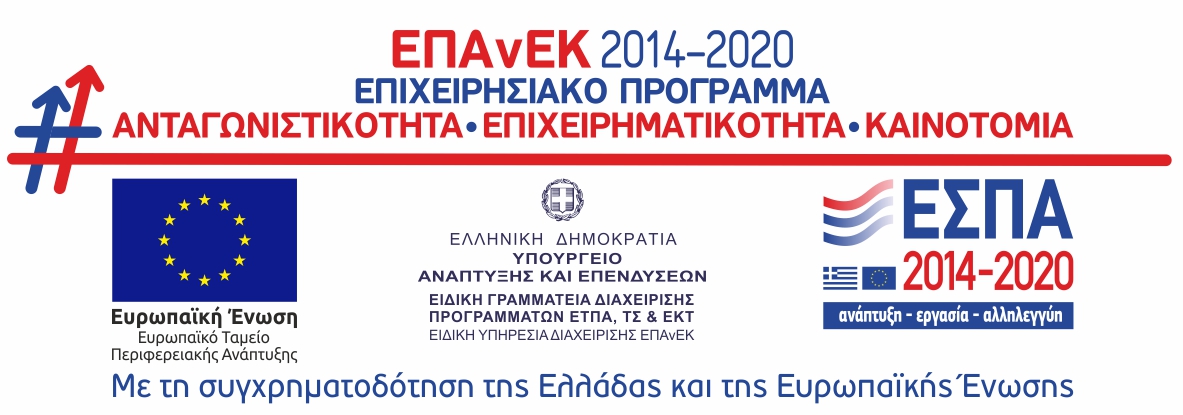Easter in Greece: A Celebration of the Senses
Easter in Greece is an event that is quite possibly the biggest event in the country by a mile. The Easter celebrations in Greece are some of the most significant and meaningful events in the Greek Orthodox calendar. They attract visitors from all over the world. From the religious ceremonies to the food and festivities, there is no better time to visit Greece than during Easter.
The Ceremony
One of the most iconic aspects of Easter in Greece is the religious ceremonies that take place throughout the week leading up to Easter Sunday. These ceremonies, known as the Holy Week, marked by solemn processions, candlelight vigils, and the chanting of hymns in Greek Orthodox churches. One of the most moving ceremonies is the procession of the Epitaphios, which takes place on Good Friday. In this ceremony, a symbolic tomb of Christ carried through the streets of towns and cities throughout Greece, adorned with flowers and lit candles. The sound of church bells ringing in the distance adds to the sense of solemnity and reverence.
The Food
Apart from the religious ceremonies, there are many other aspects of Easter in Greece that are worth experiencing. One of the most popular Easter traditions in Greece is the making of tsoureki. It is a sweet bread typically that braided and flavored with orange zest and mahlepi, a spice made from the seeds of cherry trees. The smell of freshly baked tsoureki fills the air throughout the week leading up to Easter, and it is a popular gift to give to friends and family.
Another highlight of Easter in Greece is the food. Easter Sunday typically marked by a feast of lamb or goat. It is roasted on a spit and served with a variety of sides, such as roasted potatoes, Greek salad, and tzatziki. In many parts of Greece, they roast the lamb on a spit outdoors. And the smell of meat fills the air. After the meal, families often enjoy a variety of traditional Easter desserts, like koulourakia and galaktoboureko.
Events
In addition to the food and religious ceremonies, Easter in Greece is also marked by a variety of festive events, such as parades, fireworks displays, and live music performances. One of the most popular events is the Corfu Easter celebrations, and are known for their elaborate processions, reenactments of the Passion of Christ, and the throwing of pots from balconies, a tradition that symbolizes the renewal of spring. Another popular event is the Patmos Holy Week celebrations, which take place on the island of Patmos and known for their beautiful Byzantine chanting and religious processions.
For visitors looking to experience Easter in Greece, there are many options to choose from. Above all, the island of Crete known for traditional Easter celebrations. They include the burning of effigies on Good Friday and the blessing of the waters on Easter Sunday. Likewise, the island of Hydra is also a popular destination. Its stunning scenery and celebrations include an outdoor feast and a procession of boats carrying icons of the Virgin Mary.
Easter in Greece is not just for tourists to come and experience the country’s traditions and culture. For Greeks, Easter is a deeply spiritual and meaningful time of year. It is a time to reflect on the meaning of sacrifice, renewal, and resurrection. In addition its also a time to gather with family and friends, to share food and celebrate spring.
Easter in Greece: A Celebration of the Senses
Easter in Greece a unique and special time of year, filled with traditions, history, and religious significance. In conclusion, from the ceremonies to the food and music, there is no better time to experience Greece than Easter.




